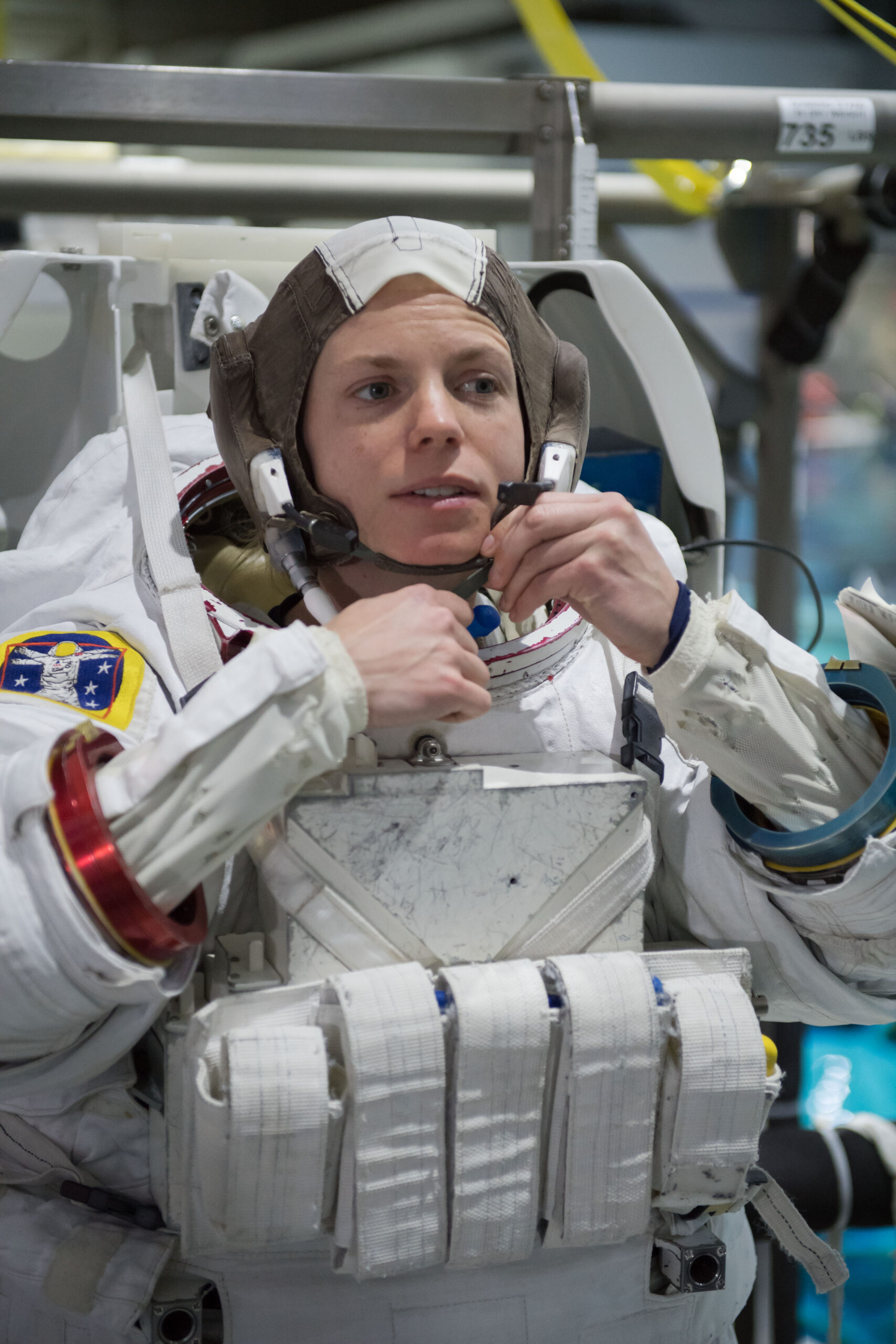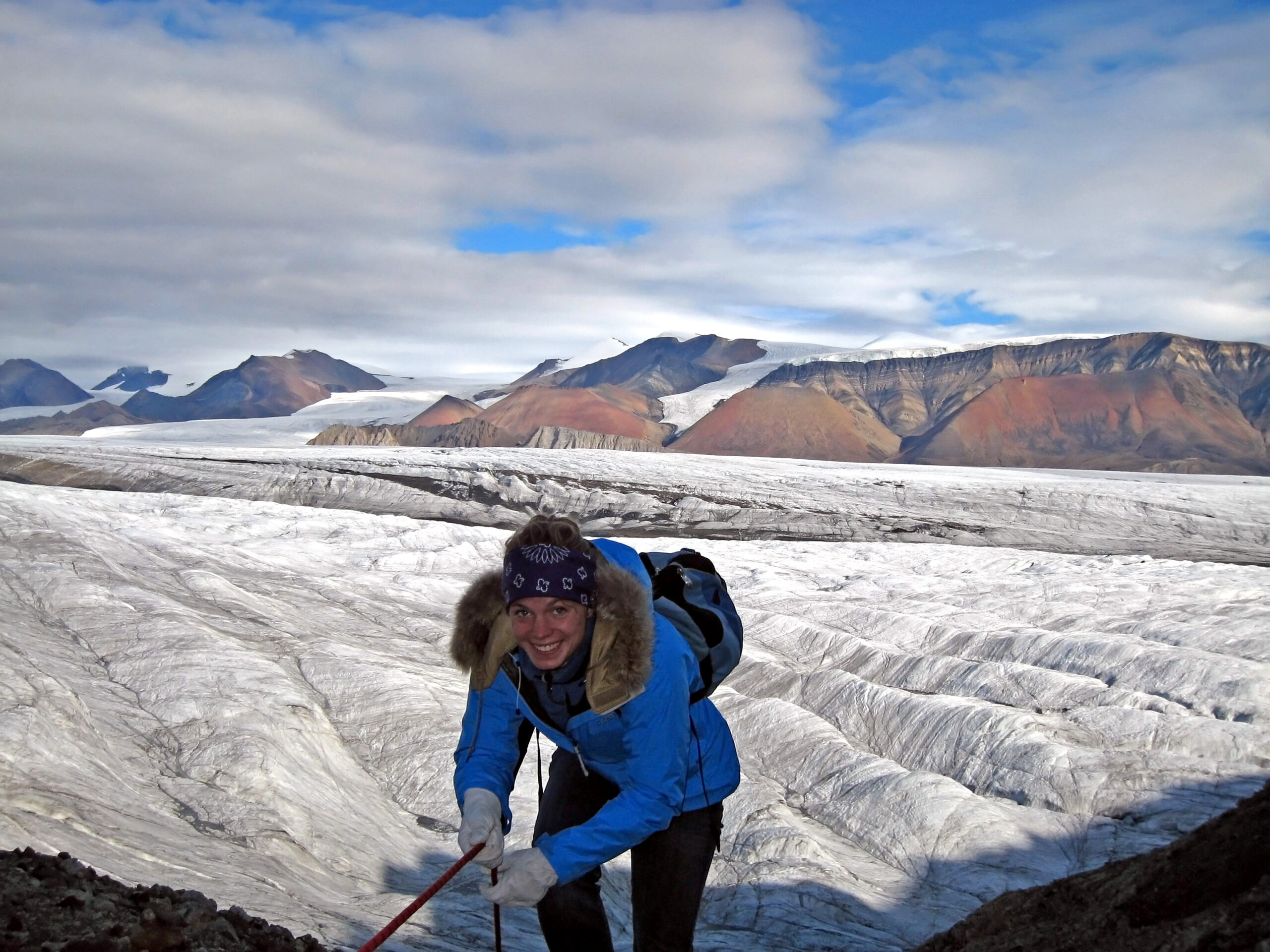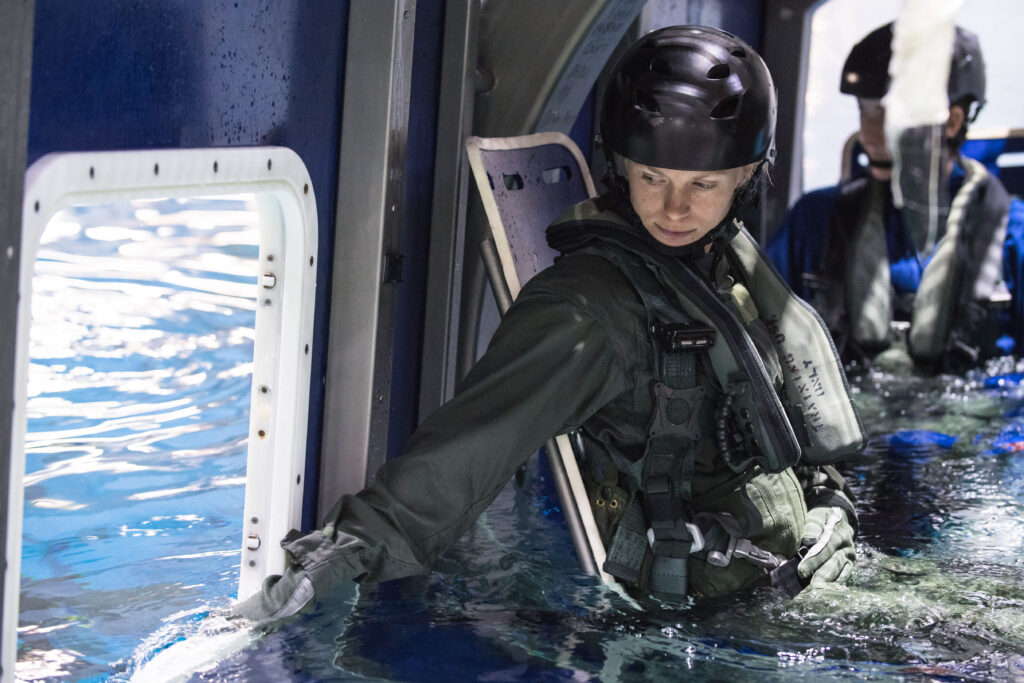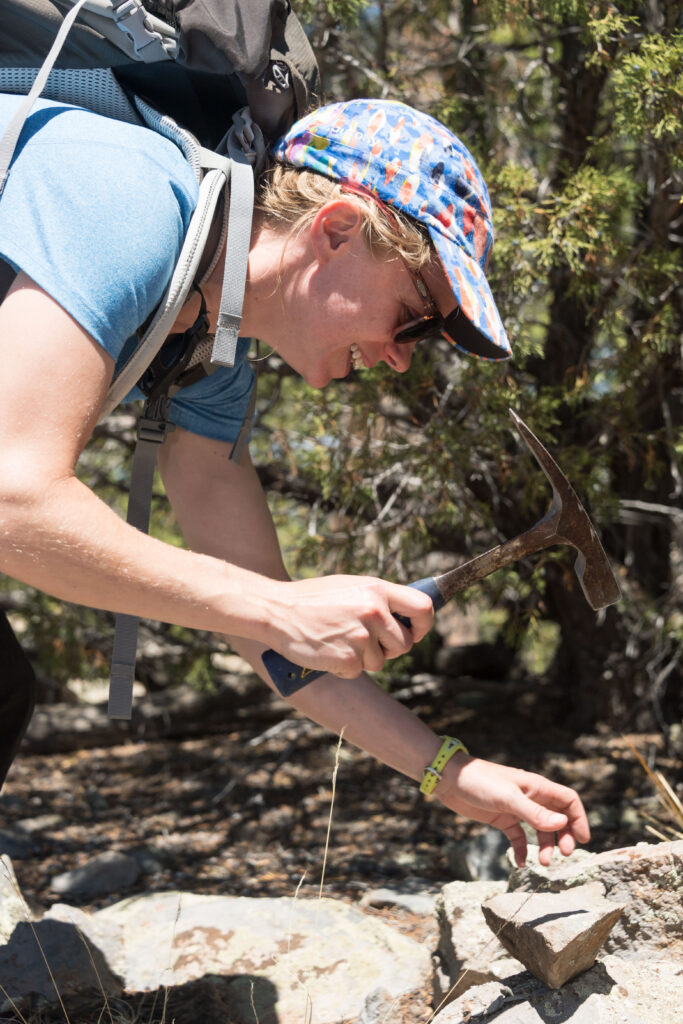Amazing Astronaut: Cardman to Share Success at NC Space Symposium

Zena Cardman’s love of science is out-of-this world. And that’s exactly where the NASA astronaut will be before long. But first, she will be the keynote speaker for the NC Space Symposium on April 16.
Cardman is one of about a dozen former and current NC Space Grant scholars who will present during the event. Topics range from engineering and computer science to astronomy and life sciences. The variety is no surprise, as NASA and related industries have many needs. Even the space explorers come from many disciplines.

Hosted by NC Space Grant, the all-virtual symposium will highlight the range of knowledge and skills that are included in space-related careers. The free event is from 1 to 5 p.m. Registration is required.
“There is no right way to become an astronaut,” Cardman explains in a recent interview. “There is no single path.”
Currently there are about 50 people in the astronaut corps, including physicists and geoscientists. Cardman earned her bachelor’s degree in biology in 2010 from the University of North Carolina at Chapel Hill, where she also earned honors in poetry and minors in marine science, creative writing and chemistry. She then earned a master’s degree in marine science at UNC-Chapel Hill. She enjoyed research opportunities during her undergraduate and graduate years.
“I realized during that time that I love the operational side of research and the teamwork aspect as much as the science itself. The chance to work for NASA and astronaut corps — and be a researcher, be a scientist, but as a part of something much larger than anything I could do, on my own — was really appealing.”

Jobi Cook, NC Space Grant’s associate director, has known Cardman from those early days. “Zena was the recipient of five NC Space Grant awards that supported her NASA-affiliated research efforts in some of the most extreme environments on Earth, from the Arctic to the Antarctic,” Cook notes. “We are proud to have helped set her career journey.”
That NASA-supported research has taken her to British Columbia, the Canadian high Arctic, Idaho, and Hawaii. Cardman even has sailed with the Sea Education Association as assistant engineer. Her research included work at the UNC-Chapel Hill Institute for Marine Sciences in Morehead City and with the Palmer Long-Term Ecological Research group in Antarctica.

Cardman was selected for NASA’s 2017 Astronaut Candidate Class. At that time, she was a National Science Foundation Graduate Research Fellow at the Pennsylvania State University, investigating microbial metabolism and biogeochemical cycling in cave systems. There, she also had Pennsylvania Space Grant Graduate Research Fellowships.
In early 2020, she graduated with the first class of astronauts under the Artemis program, which aims to land the first woman and next man on the moon by 2024. She is now eligible for spaceflight, including assignments to the International Space Station, Artemis missions to the moon and, potentially, missions to Mars.

NASA Photo Credit: Norah Moran
These days she continues technical training on a range of topics. One day it may be learning Russian equipment systems used on the International Space Station, and the next day it may be learning a totally different vehicle and its emergency procedures.
Thus, flexibility and teamwork are skills and traits that all students should develop as part of their studies, internships and other experiences.
“It’s something different, every day. I think being willing to switch gears a lot and just continuing to learn every day, every year, is a real gift of the job — and also something that I admire in all of my classmates,” Cardman explains.
She does not have a spaceflight assignment yet. But that is not a problem. “You can watch a couple of my classmates launch, hopefully as early as this fall, and then next year in 2022,” she explains.
“We’ll see what happens for the rest of us. But there’s so much going on at NASA right now — it’s a great problem to have not knowing which vehicle you’ll be flying on, or when. We have so many different options and really interesting projects.”
In her own words:
“It is impossible to ignore the importance of funding, especially when your research requires travel to some of the world’s most unusual environments. Since 2008, Space Grant’s support has made it possible for me to join NASA expeditions from Arizona to the Arctic, and I could not be more grateful. Yet the most incredible gift the Space Grant has given me does not come with a price tag. Atop glaciers, in a lunar rover, deploying submarines, or simply in front of posters at conferences—the incredible people I’ve met and surreal landscapes I’ve seen because of the Space Grant have challenged and inspired me.”
— Zena Cardman, report to NC Space Grant in 2010


A few quick facts about NASA Astronaut Zena Cardman
NC Space Grant Undergraduate Research Scholarship Awards: 2008, 2009, 2010
NASA Internship at NASA Ames Research Center for the Pavilion Lake Research Project, www.nasa.gov/analogs/plrp
NC Space Grant Graduate Research Fellowship Awards
- Stable carbon isotope analysis of putative high-temperature-tolerant anaerobic methanotrophs, 2013
- Linking geochemistry to microbial diversity at high resolution in a methane-rich subsurface environment, 2014
Follow her on Twitter: @Zenanaut
Featured photo: Now a NASA astronaut, Zena Cardman had opportunities as a student to participate in NASA research in extreme environments. Photo courtesy Zena Cardman.
- Categories:


